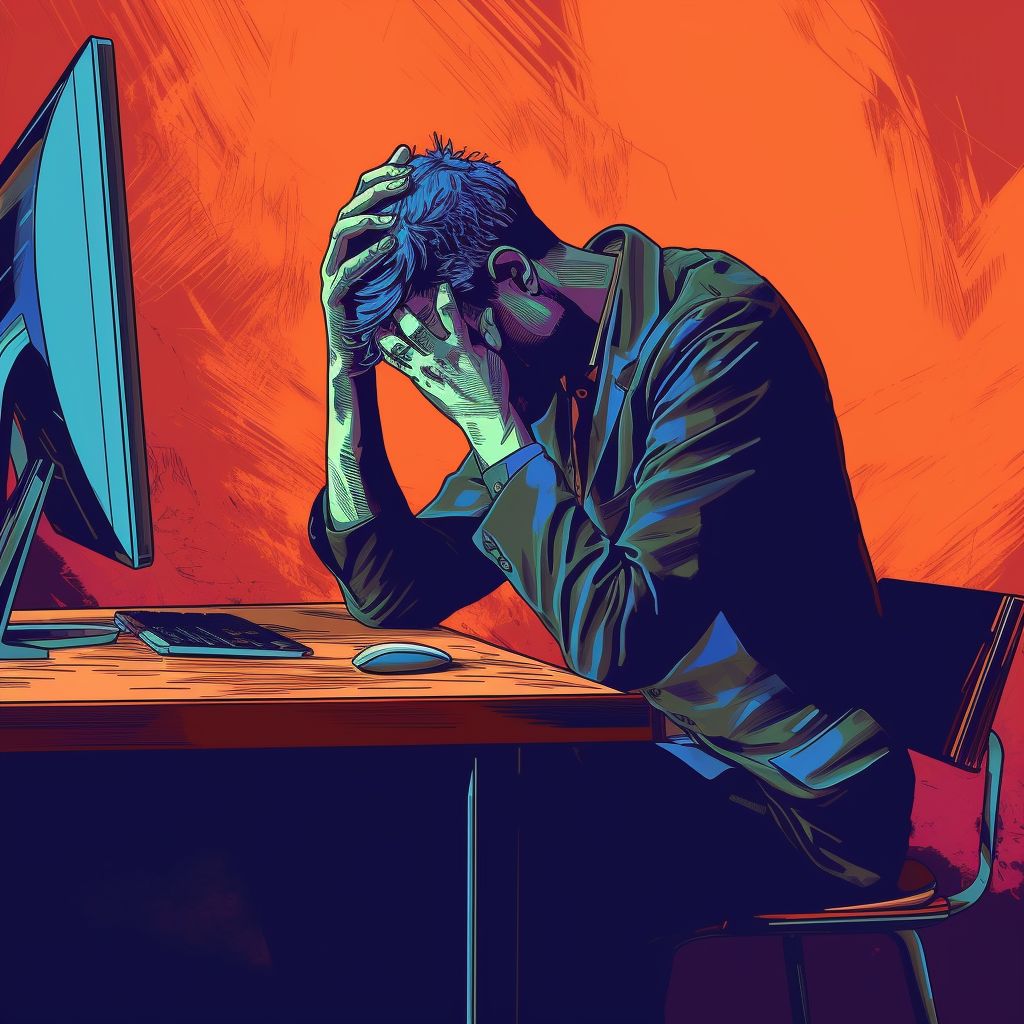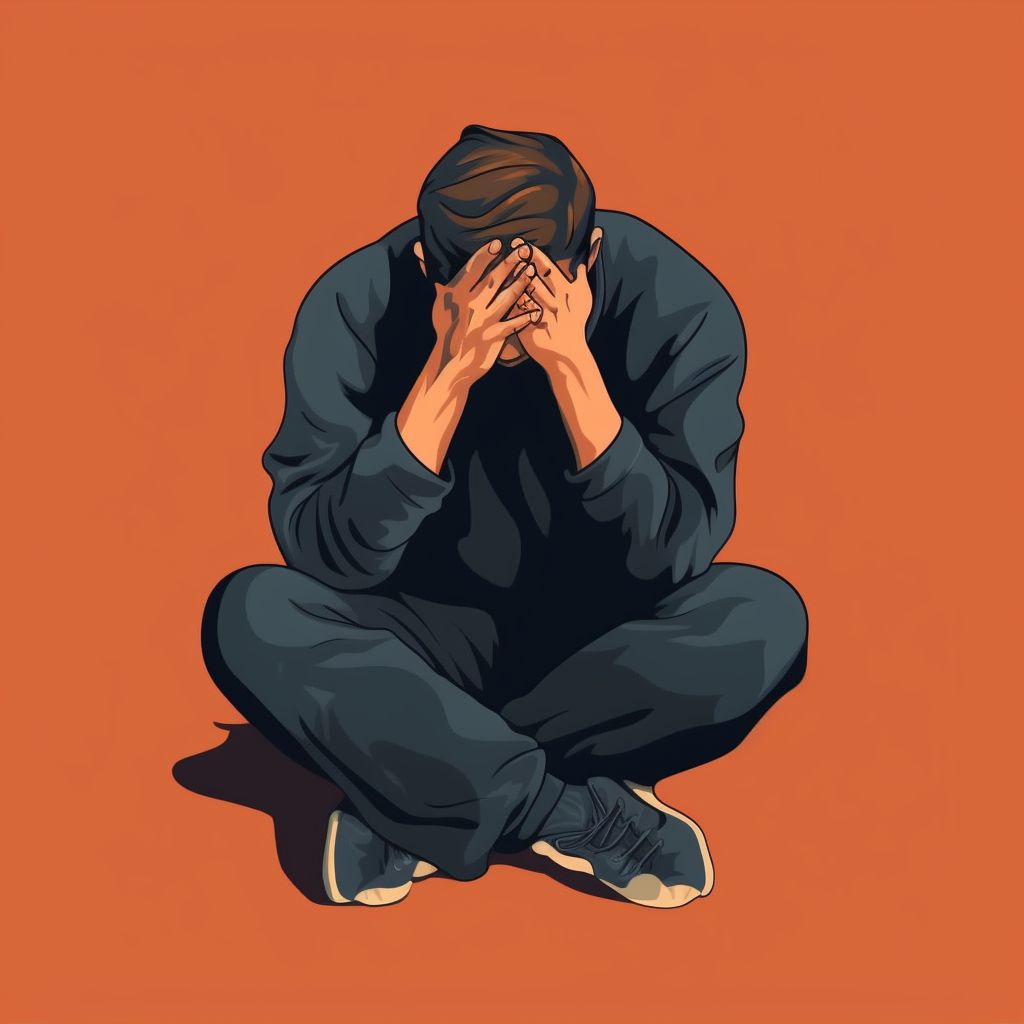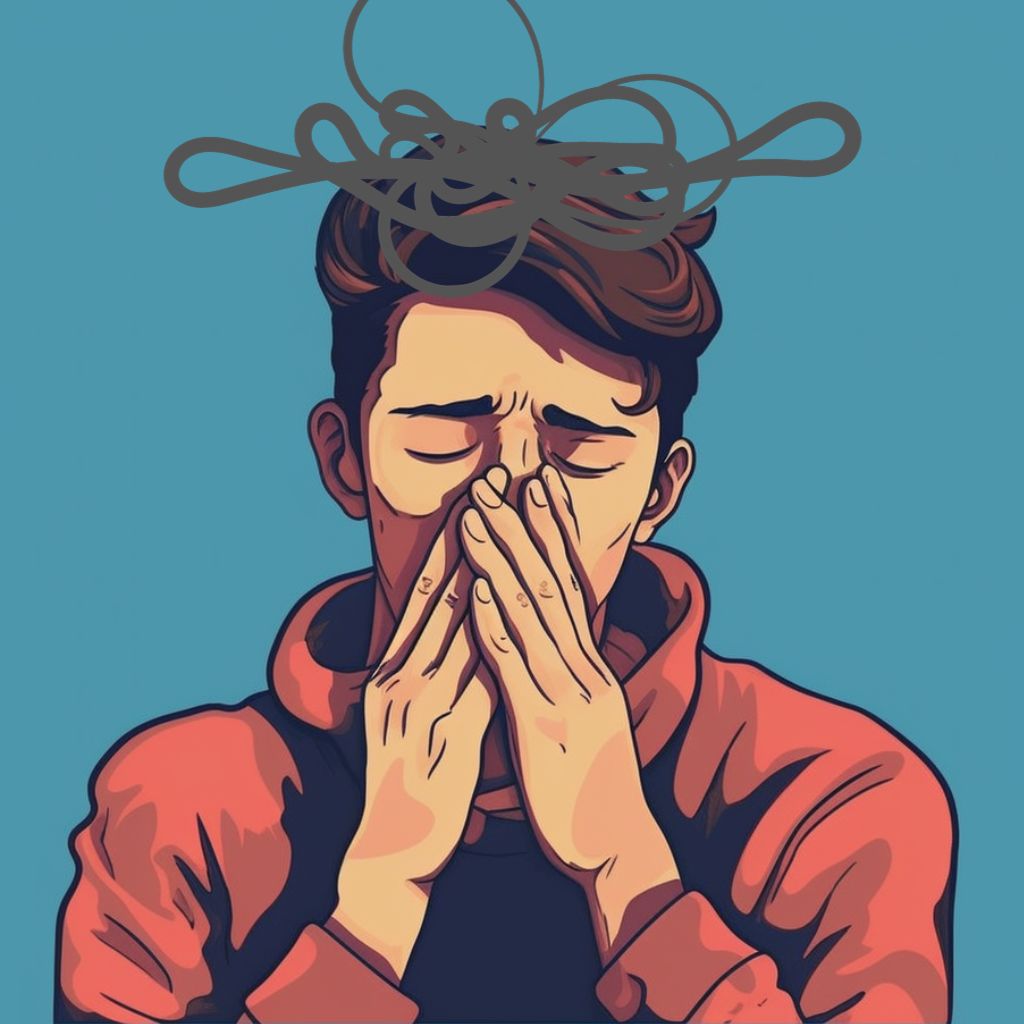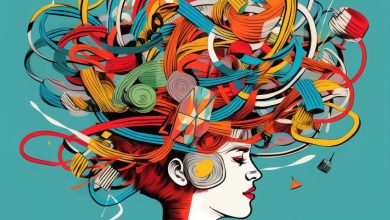MBTI and Anxiety: Which MBTI Is Most Likely to Have Anxiety?

The Myers-Briggs Type Indicator, or MBTI, is a widely recognized personality assessment tool that categorizes individuals into one of sixteen distinct personality types. MBTI assesses various facets of personality, including how individuals perceive and interact with the world, make decisions, and handle stress.
Anxiety disorders are a common mental health concern worldwide. According to the World Health Organization, an estimated 264 million people of all ages suffer from anxiety disorders, making it one of the most prevalent mental health issues globally.
Our purpose is to explore MBTI anxiety, how different MBTI personality types may experience and cope with anxiety differently and which MBTI is most likely to have anxiety.
What is MBTI?

The Myers-Briggs Type Indicator (MBTI) is a personality assessment tool based on Carl Jung’s theory of psychological types. At its core, MBTI seeks to categorize individuals into one of sixteen distinct personality types, each representing a combination of four fundamental dichotomies:
- Extraversion (E) vs. Introversion (I): This dimension relates to how individuals gain energy. Extraverts draw energy from external sources and tend to be outgoing and sociable, while introverts recharge through solitude and introspection, often displaying more reserved and reflective traits.
- Sensing (S) vs. Intuition (N): This dimension concerns how individuals gather information. Sensors rely on tangible, concrete data and focus on details, while intuitives favor abstract thinking, patterns, and possibilities.
- Thinking (T) vs. Feeling (F): This dimension pertains to decision-making. Thinkers prioritize logical analysis and objective reasoning when making choices, while feelers prioritize empathy, emotions, and personal values.
- Judging (J) vs. Perceiving (P): This dimension relates to an individual’s approach to the outside world. Judgers prefer structure and order, often being organized and decisive, whereas perceivers are more flexible, spontaneous, and open to new information and experiences.
| Read more: Exploring the Relationship between MBTI and Mental Illness
The Sixteen Personality Types
The MBTI framework yields sixteen distinct personality types, each with its own set of traits, behaviors, and tendencies. Here’s a brief overview of these sixteen types:
- ISTJ (Introverted, Sensing, Thinking, Judging)
- ISFJ (Introverted, Sensing, Feeling, Judging)
- INFJ (Introverted, Intuitive, Feeling, Judging)
- INTJ (Introverted, Intuitive, Thinking, Judging)
- ISTP (Introverted, Sensing, Thinking, Perceiving)
- ISFP (Introverted, Sensing, Feeling, Perceiving)
- INFP (Introverted, Intuitive, Feeling, Perceiving)
- INTP (Introverted, Intuitive, Thinking, Perceiving)
- ESTP (Extraverted, Sensing, Thinking, Perceiving)
- ESFP (Extraverted, Sensing, Feeling, Perceiving)
- ENFP (Extraverted, Intuitive, Feeling, Perceiving)
- ENTP (Extraverted, Intuitive, Thinking, Perceiving)
- ESTJ (Extraverted, Sensing, Thinking, Judging)
- ESFJ (Extraverted, Sensing, Feeling, Judging)
- ENFJ (Extraverted, Intuitive, Feeling, Judging)
- ENTJ (Extraverted, Intuitive, Thinking, Judging)
| Learn more: Which MBTI Overthinks the Most? | Overthinker Personalities
MBTI Personality and Anxiety
Anxiety is a complex and multifaceted emotional state that often encompasses feelings of unease, fear, or worry. It’s a normal part of the human experience and can serve as a protective mechanism in response to real threats. However, when anxiety becomes excessive, persistent, and irrational, it can manifest as an anxiety disorder. These disorders include generalized anxiety disorder, social anxiety disorder, panic disorder, and specific phobias, among others.
| Related: MBTI and Stress | Unlocking MBTI Stress Patterns

How Personality Traits Can Influence Anxiety
While anxiety can affect individuals of any personality type, certain traits associated with specific MBTI types may influence the way people experience and manage anxiety:
- Introversion vs. Extraversion: Introversion and its challenging worries in solitude can easily shape the anxious personality. Extraverts, on the other hand, might seek external social support to alleviate anxiety.
- Sensing vs. Intuition: Sensing types may become anxious when faced with concrete, real-world problems, while intuitive types may worry more about abstract, future-oriented concerns.
- Thinking vs. Feeling: Thinkers might approach anxiety with logical problem-solving, while feelers may focus on managing emotional aspects and the impact on personal relationships.
- Judging vs. Perceiving: Judging types may seek structure and routine to reduce anxiety, whereas perceiving types might adapt more flexibly to cope with changing situations.
| Suggestion: Which MBTI Procrastinates the Most?
The Role of Nature vs. Nurture
The relationship between personality and anxiety is not solely determined by nature (genetics and innate traits) or nurture (environment and life experiences). It’s a complex interplay of both factors. Some individuals may have a genetic predisposition to anxiety, making them more vulnerable to developing anxiety disorders. However, environmental factors, including childhood experiences, trauma, and stress, also play a significant role in the development of anxiety.
Do you know which Myers-Briggs personality types are prone to addiction?
Read to gain insights:
MBTI Addiction | Who is Most at Risk?
Which MBTI is Most Likely to Have Anxiety?

While it’s important to reiterate that anyone, regardless of their personality type, can experience anxiety, some personality traits may make individuals more prone to certain anxiety triggers or challenges.
It’s crucial to approach this topic with sensitivity, as these are general tendencies and not absolutes.
Here are some general trends associated with personality types and anxiety:
- Highly Conscientious Individuals: Personality types that tend to be very conscientious, such as ISTJ and INTJ, may be more prone to anxiety due to their perfectionistic tendencies. They often set high standards for themselves and can become anxious when they feel they are not meeting their own expectations.
- Introverted and Sensitive Types: Introverted personality types like INFP or ISFJ may be more prone to social anxiety. They might find large social gatherings or new social situations particularly anxiety-inducing due to their preference for deeper, one-on-one interactions.
- Overthinkers and Analytical Types: Individuals who have a strong preference for thinking over feeling (T) and are often analytical, such as INTP or ENTJ, may experience anxiety when they overanalyze situations, especially in terms of worst-case scenarios. They might struggle with “analysis paralysis.”
- Perfectionists and Control Seekers: Personality types that have a strong preference for judging (J) over perceiving (P), such as ESTJ or INFJ, may be more prone to anxiety when things do not go as planned. They often value order and control, and unexpected changes can trigger anxiety.
- Highly Sensitive Types: People with strong feeling (F) preferences, like ENFJ or ISFP, may be more sensitive to emotional stimuli and interpersonal dynamics, which can lead to heightened sensitivity to anxiety-inducing situations.
If you are exploring anxiety disorder in different personality types, we suggest reading the following Ultimate Guides. It may be useful!
INTP and Anxiety: What is the Connection?
Managing Anxiety in INFP Personalities
Coping Strategies for Anxious Personalities

While it’s essential to remember that everyone is unique, here are some coping strategies that may align with the tendencies of different personality groups:
Highly Conscientious Individuals (e.g., ISTJ, INTJ):
- Don’t be too hard on yourself; it’s okay not to be perfect.
- Make lists and schedules to stay organized.
- Try relaxing techniques like deep breathing or meditation when you’re stressed.
Introverted and Sensitive Types (e.g., INFP, ISFJ):
- If social situations make you anxious, start small and practice being around people a bit at a time.
- Talk to people you trust about your worries.
- When you need a break, do things you enjoy on your own.
Overthinkers and Analytical Types (e.g., INTP, ENTJ):
- When you can’t stop thinking about something, challenge those thoughts. Are they really true?
- Set a time limit for making decisions to prevent overthinking.
- Do physical activities or hobbies to give your mind a rest.
Perfectionists and Control Seekers (e.g., ESTJ, INFJ):
- Remember that not everything can be controlled, and that’s okay.
- Try exercise, meditation, or other relaxation techniques to manage stress.
- If anxiety is overwhelming, consider talking to a therapist.
Highly Sensitive Types (e.g., ENFJ, ISFP):
- Learn to speak up for yourself and set boundaries to protect your feelings.
- Express your emotions through things like writing or art.
- Build a strong support system of friends and family to share your feelings and concerns.
The most important thing is to practice self-care! Different types of self-care help you to remain healthy, not just mentally, but physically as well…
We recommend you reading the comprehensive guide below, discovering every kind of self-care.
Healwiser’s Last Piece of Advice
It’s essential to remember that anxiety is a universal human experience, if it’s MBTI anxiety or otherwise.
It doesn’t discriminate based on personality type.
It can touch the lives of extroverts and introverts, thinkers and feelers, and every personality type in between.
Anxiety is a shared aspect of the human condition, and we should approach it with empathy, understanding, and support.
Sharing your experiences can provide valuable insights and emotional support. So…
…share your story with HealWiser and others in the comments section below this post.






